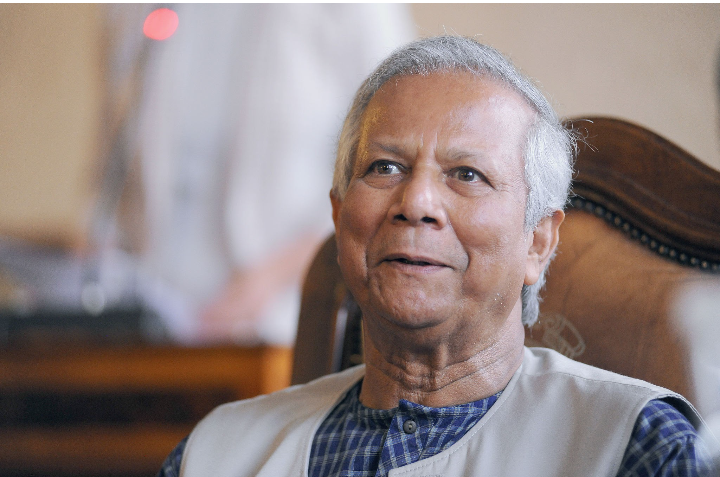
Professor Muhammad Yunus's recent visit to China has significantly impacted Bangladesh's economic landscape, fostering deeper bilateral ties and opening avenues for enhanced cooperation.
Key Economic Outcomes:
Furthermore, discussions during the visit included enhanced cooperation in water resource management—a critical area for Bangladesh. China's consideration of support in this sector could lead to improved water management strategies, benefiting agriculture and mitigating flood risks.
Analysts suggest that this visit marks a pivotal shift in South Asia's geopolitical dynamics, with Bangladesh strengthening its ties with China amidst evolving regional relationships. The outcomes of Professor Yunus's visit are poised to contribute significantly to Bangladesh's economic development and strategic positioning in the region.
Professor Muhammad Yunus’s visit to China has strengthened economic ties between Bangladesh and China, fostering new opportunities for trade, investment, and financial cooperation. Key outcomes include China's willingness to consider lowering interest rates on loans to Bangladesh, easing financial burdens, and enhancing debt sustainability. Additionally, China has reaffirmed its commitment to increasing investments and relocating manufacturing enterprises to Bangladesh, boosting industrial growth and employment.
Discussions also focused on initiating negotiations for a China-Bangladesh Free Trade Agreement (FTA) and improving the existing investment agreement to balance trade relations. Furthermore, an economic and technical cooperation agreement was signed alongside cultural exchange initiatives, paving the way for collaborative projects.
Source: The Economic Times, Reuters, Dhaka Tribune

Share This News